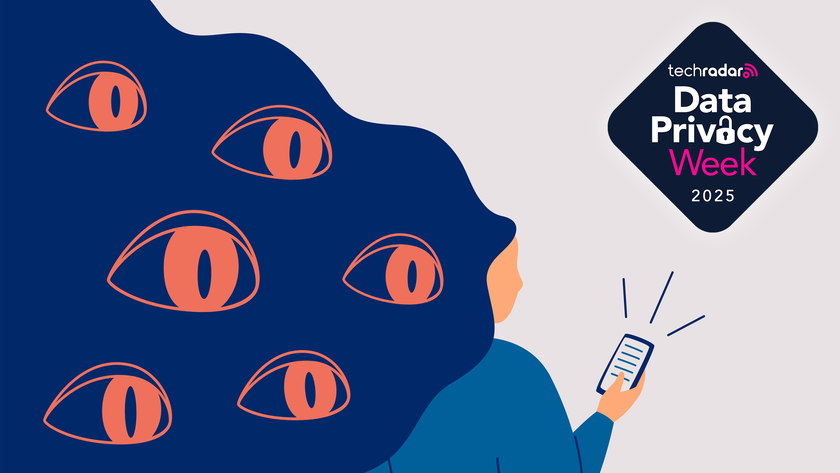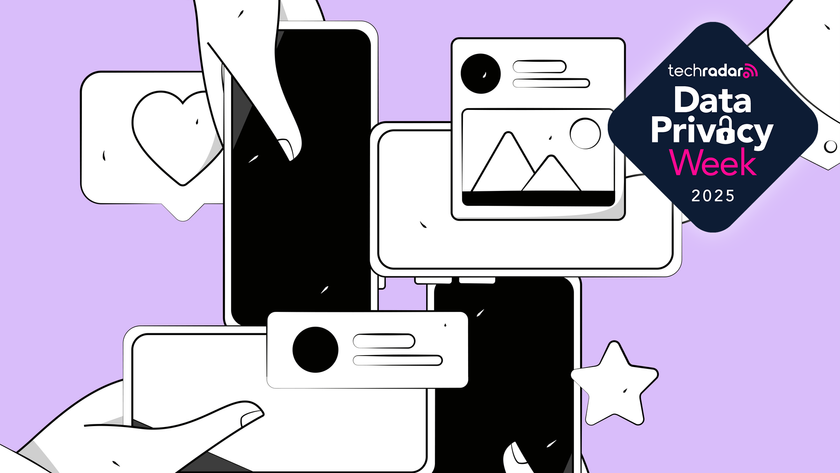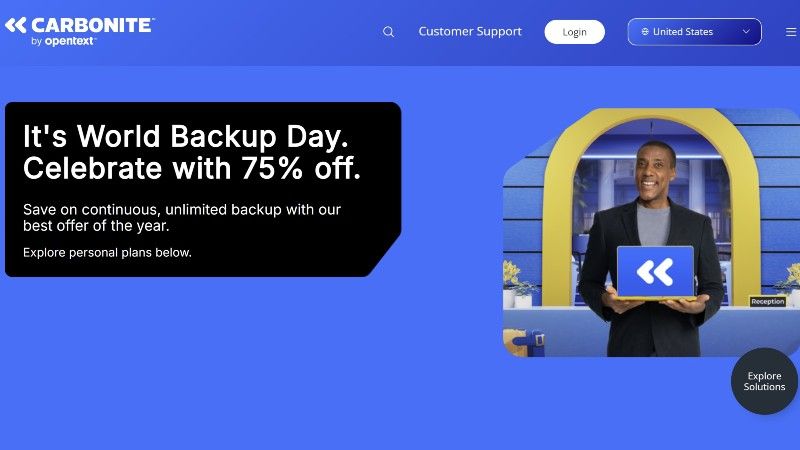Privacy vs convenience – which comes out ahead?
How organizations can balance user privacy and convivence

We spend an increasing amount of time online; every click enlarges our digital footprint. From tech giants to obscure third-party apps, there’s an ever-growing list of those vying for a slice of our personal information, often with our unwitting consent.
Encroachment on our private data has become an alarming norm – even before we consider the cybercriminals seeking to steal our personal information to commit theft and fraud.
The rising number of data access attempts raises a pressing question: in an era where information is power, why do we give ours up so easily? Whilst we enjoy digital benefits, we unknowingly sacrifice fragments of our precious privacy every day.
When it comes to data hygiene, it’s impossible to separate personal and professional. Poor habits at home can quickly introduce risks into the enterprise environment, so businesses need to help their employees clean up their act.
Senior Manager for EMEIA Security Strategy at Jamf.
The problem with digital convenience
The myriad of tools and applications at our fingertips have conditioned us to value convenience above all else. Instant gratification, epitomized by a single tap or click, often overshadows the lurking threats to our data. The inherent desire for ease and efficiency is exploited daily through seemingly innocent-looking prompts like "click to agree." Such prompts, designed to be unobtrusive, quickly fade into the background, barely registering as we download a new app.
Yet, beneath the surface of these simple agreements lies a complex web of permissions, often granting extensive access to our personal data. For many, the intricate jargon of privacy policies and the tediousness of adjusting app settings make it hard to take proactive protective measures. Despite the endless possibilities for exploitation and malicious abuse, our digital identities often feel insubstantial - while we wouldn't leave our physical doors unlocked, we frequently leave our digital doors wide open.
With the prevalence of hybrid working and bring your own device, poor personal data habits can easily transfer into the corporate setting and pose a professional security risk too. So, businesses have a vested interest in keeping their employees secure – but how can they bridge the gap between an individual's pursuit of convenience and the imperative of data security?
Elevating virtual privacy into a real issue
Education plays a central role in improving data habits. Shining a spotlight on data privacy can help bring it to front of mind, improving the chances of thinking twice before clicking through privacy agreements to hit the install button. Holding “data privacy hygiene day” type events can work well here, treating data health just like physical health.
Much like a health check-up, this dedicated day serves as a periodic reminder for employees to review and cleanse their digital profiles, ensuring that outdated or unnecessary permissions are revoked.
Regular workshops and training sessions also play a pivotal role. By offering hands-on guidance on best practices, organizations can empower their workforce to participate actively in the data privacy narrative.
These sessions explain the complexities of digital security, transforming them from daunting tasks into manageable, routine activities. Practical, ideally in-person participation can make a difference here, since an email or virtual document may be ignored just as easily as a typical privacy warning pop-up.
Regular audits further bolster this effort, ensuring that the organization and its employees comply with evolving data protection standards.
By fostering a culture of proactive data protection, organizations not only fortify their own defenses but also instill a lasting sense of responsibility and awareness among their employees for their personal lives too.
The need for transparency and communication
Transparency is the lynchpin of successfully building a workplace culture around data privacy. There is a mutual responsibility between employees and employers, so trust and openness are essential.
On the one hand, employees must be discerning about the digital tools they employ, understanding the permissions they grant and the third parties that might gain access to their data. They also need to accept that their personal choices can impact the security of the organization too. This requires awareness and a commitment to regular audits of personal digital spaces, ensuring that no unwanted entities are lurking in the shadows.
Conversely, organizations bear the responsibility of being forthright about their data practices. Companies that are transparent about the data they access - and, more importantly, why they access it—stand out as beacons of integrity. This transparency extends beyond mere access; it encompasses the entire data lifecycle, from collection to storage, usage, and eventual disposal. By openly communicating these practices, enterprises can foster a culture of trust with their employees – and comply with regulatory standards too.
In order to achieve this transparency, firms should ensure policies are all set out for employees. This should not just be fleeting pop-ups or obscure technical documentation, but instead easily accessible resources which set out data policies in clear language.
Business should also ensure that relevant stakeholders in IT, security and HR are equipped to answer any further questions that staff may have. Data policies should feel like a conversation, not a dictation, with employees feeling empowered to ask questions.
Achieving data privacy in is a shared journey. It demands vigilance, education, and, above all, transparency from all parties involved. In the balance between convenience and privacy, the true victor is the one who understands and respects the value of personal data.
Are you a pro? Subscribe to our newsletter
Sign up to the TechRadar Pro newsletter to get all the top news, opinion, features and guidance your business needs to succeed!
Suzan Sakarya, Senior Manager, EMEIA Security Strategy at Jamf.




















